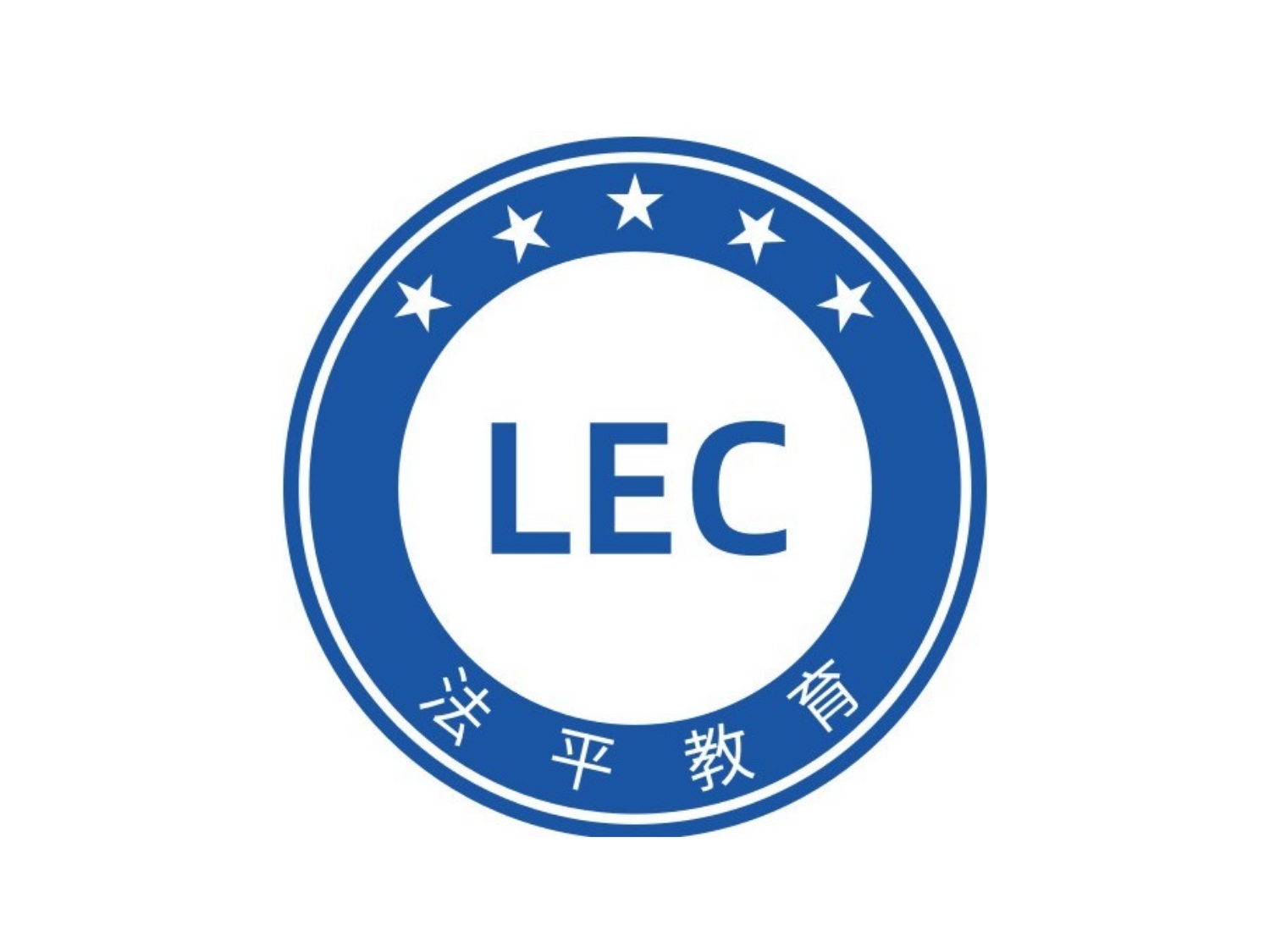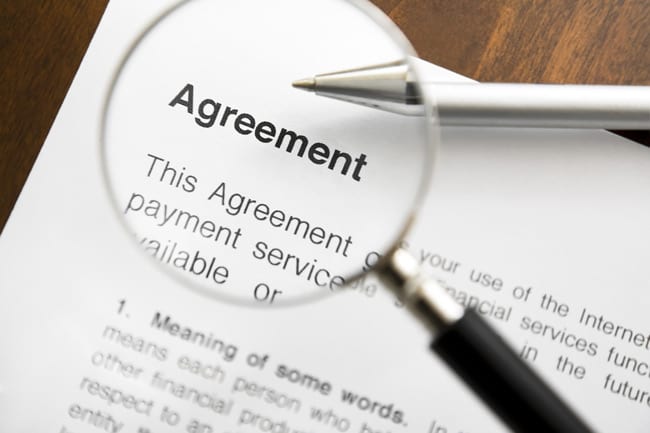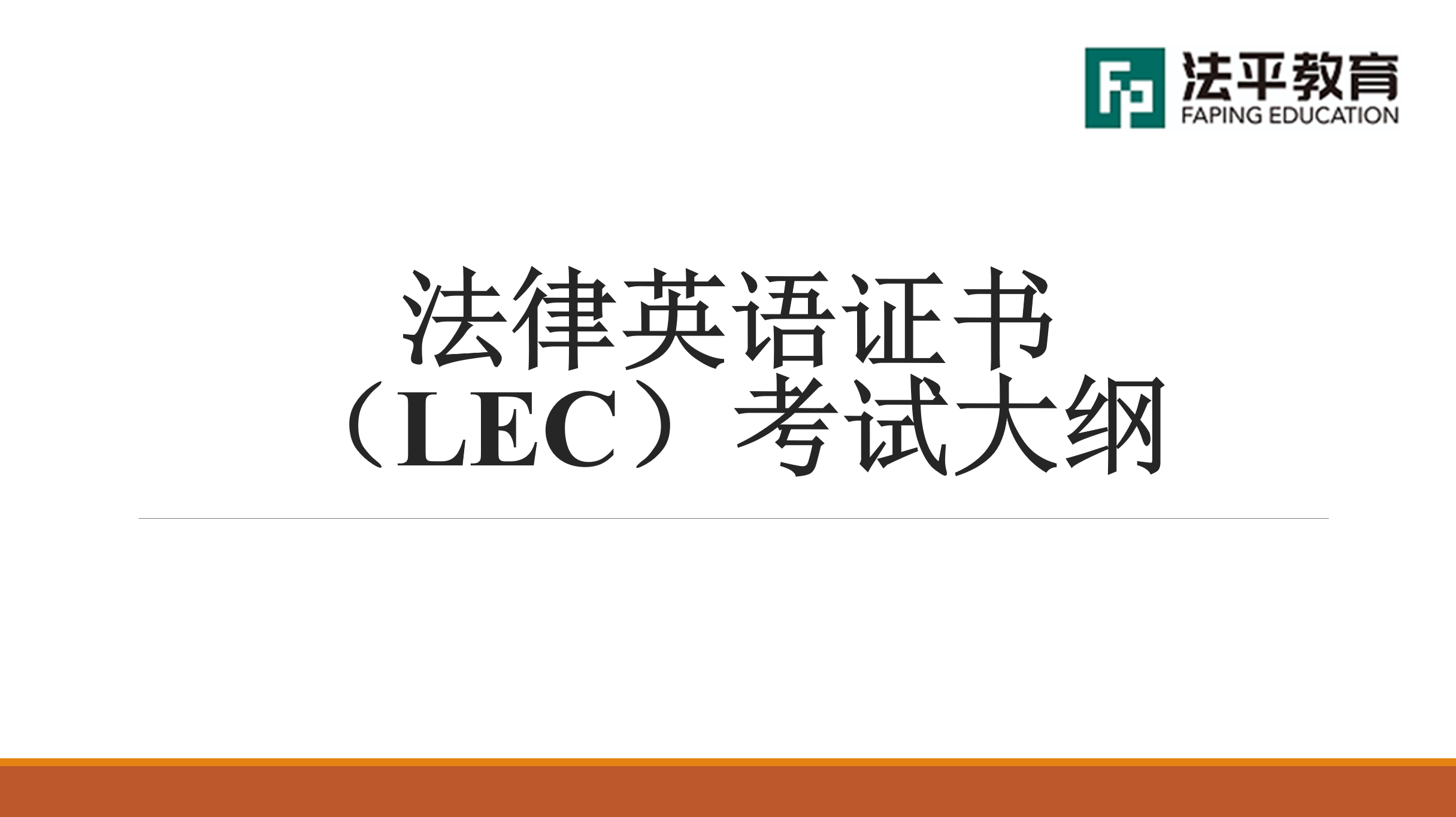
法律英语学习 | summons与subpoena辨析
在诉讼过程中,美国法院会签发有关诉讼的各种通知,最常见的主要有“summons”和“subpoena”两个词。
很多人在翻译时,将“summons”和“subpoena”都译为“传票”,这很容易让人对诉讼程序产生错误的理解。虽然这两个词均表示give notice about a court proceeding,但在使用上有很大的区别。
简而言之,summons是用来告知诉讼当事人出庭应诉,可以译为“传票”;subpoena则用于传唤证人以在审判时提供证词、书证等,所以将其译为“出庭通知”更为恰当。
下面将从summons和subpoena的用途、传唤对象以及送达方式对它们进行辨析。
SUMMONS V. SUBPOENA
1. What are they used for?
A summons is an official notice of a lawsuit rather than a court order. When a person files a case against somebody or a company, the latter party should be notified regarding the matter.
A subpoena is a court order. You can use a subpoena to require a person to come to court, go to a deposition, or give documents or evidence to you.
2. Who are they given to?
A summons is given to the person being sued.(被告)
A subpoena is given towitnessor the one who can give documents or evidence to you.
3. How to serve(送达) them?
A summons can be served in one of three ways:
(1) Service by the Sheriff, 通过警长(或警员)
(2) Service by a Private Process Server, 通过私人传票送达服务
(3) Service by Certified Mail. 通过挂号信
As for the way of serving a subpoena, you can:
(1) give the subpoena in person or by certified mail,
(2) ask any other adult to serve the subpoena on a witness, or
(3) ask the sheriff's office to deliver the subpoena and check to your witness.
4. Legal Obligations Attached
If you ignore the summons, you will likely lose the case against you. The court will usually decide the lawsuit in favor of the person suing you. You will have to obey the court’s final decision.
If you ignore the subpoena, the court will hold you incontempt(藐视法庭). You could go to jail or face a large finefor ignoring the subpoena.
(文章来源:法平教育)




